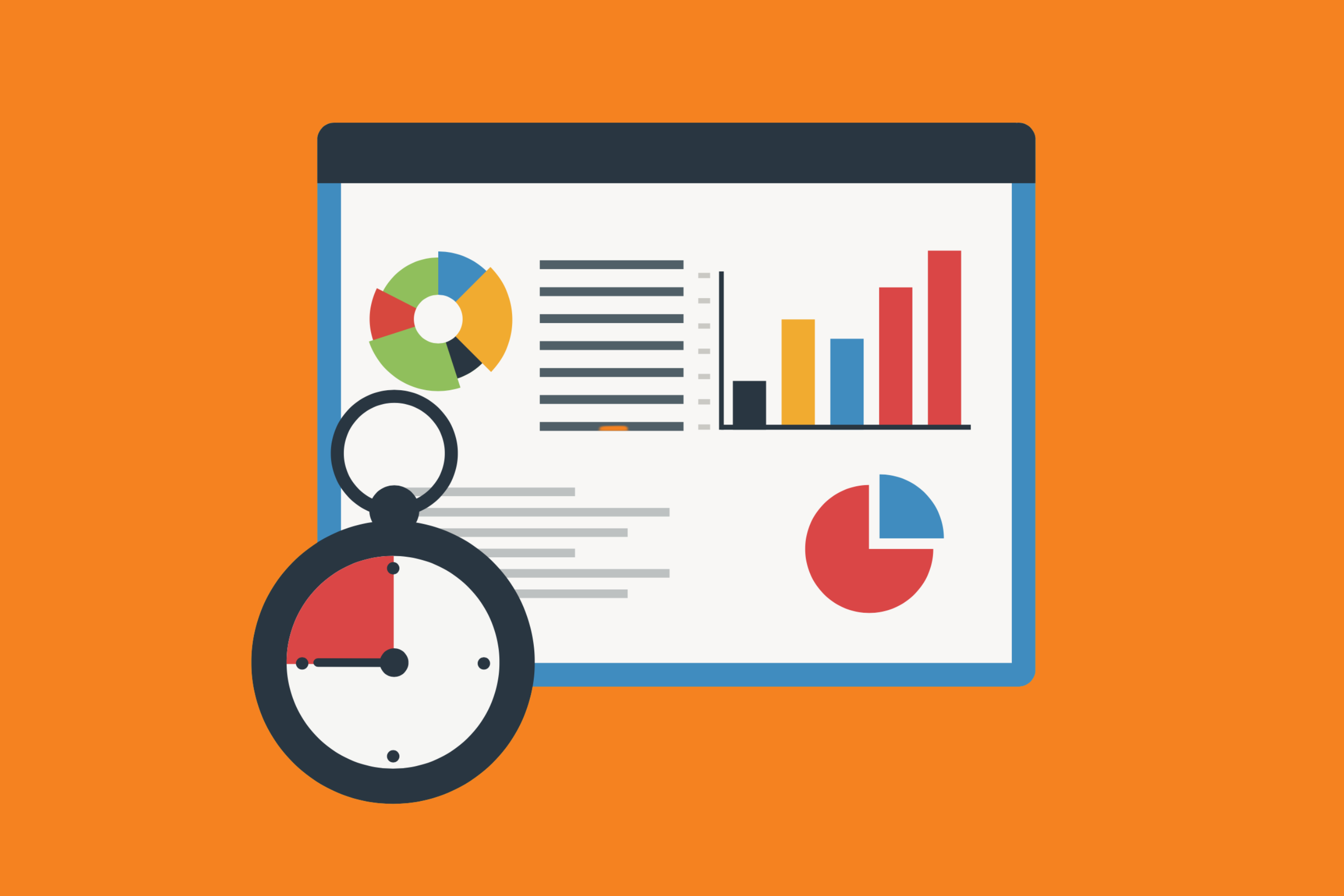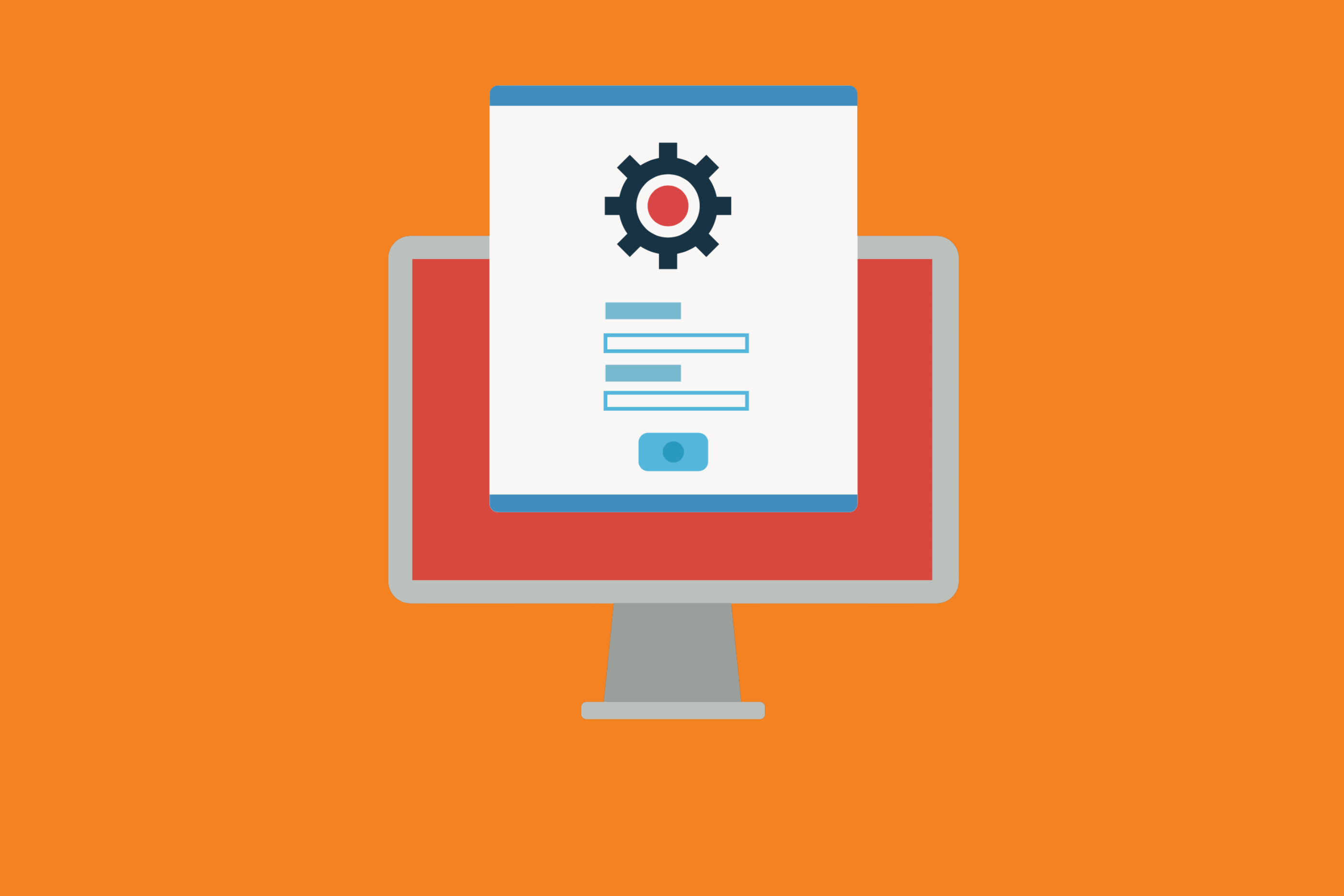Software development can be tricky for clients or even management to understand. A lot of human effort goes into coding and design. Yet, only some of it is visible to stakeholders until a tangible deliverable is presented. That only happens after many, many hours of work.
If you manage a development team, you understand the importance of time. From hitting sprint goals to managing budgets, time plays an essential role in many aspects of delivering a quality product.
Projects can quickly go off the rails without a proper sense of time or how long a task will take. However, there are a variety of solutions on the market these days that can help teams and managers track time in order to budget projects better and avoid wasting project resources.
Still on the fence about whether time-tracking software will make a difference? Here are a few key reasons development teams will benefit from it.
Why Time Tracking Software Makes a Big Difference
Simplification of Client Billing
The best part of time tracking is the clear and concise view of how many hours are going into deliverables. A project manager can easily show a client how many hours have been put into certain parts of the build by tracking time. This can also help prevent scope creep in that a project manager can show clients how much work will be required to make specific requested changes.
Clients like to see what they are getting, and time-tracking software gives them a tangible way to understand what they are paying for and how much time it takes.
Helps Managers Understand Costs
Much like being able to visualize what clients are paying for, time tracking allows management to understand the costs involved in software development. By seeing where work is being done, management can understand how resources are allocated and quickly reassess as a project evolves.
Diagnoses Weak Links
Time tracking software allows a project manager to suss out weak links quickly. For example, if a developer is taking twice as long as others to handle a specific task, it may be a sign that they need more training or are in over their head. With time tracking, a project manager can initiate coaching or move a developer to another part of the project to optimize development times. They can also collect physical evidence of the need for more (or fewer) developers on a specific project and take that to management to help them advocate for growing or shrinking a team according to real-time needs.
Helps Review Performance and Recognize High Performers
Just as time-tracking software can pinpoint weak links, it can also pull out high-performing individuals as well. Project managers will be more likely to notice that a developer is excelling at their tasks and can reward exceptional work or direct the developer towards more challenging tasks (or coaching opportunities).
Simplifies Remote Teams Management
Modern software development companies have team members that may work remotely from several locations. As a result, project managers must now manage disparate teams across different offices or time zones. The best way to see who’s performing and who’s on-task is to have a time management software solution that can track productivity and show how and when developers are working.
Streamlines Payroll
Not only are teams dispersed across locations, but they also need to get paid, and that can only happen if team members can account for their time. Removing the need for individuals to account for time manually saves everyone time, as members don’t need to remember to record actions, and project managers no longer need to chase developers for time cards and work details. In fact, many types of time tracking software can handle payment processing, with project managers simply needing to enter in employee details (such as their hourly wage).
Provides Insights for Future Projects
The best part about time-tracking software is the transparency created throughout a project’s lifecycle. Project managers can look at historical data related to work and time on task and use KPIs to refine ongoing and future projects. Having time properly accounted for allows a manager to understand how much time a project took historically, where they could tighten up specific approaches, and better estimate how long a project will take (as well as how many resources may be needed).
Conclusion
Understanding time ultimately allows a project manager to understand so much more about the underlying project, including:
- How teams work (and how they can work effectively)
- How long tasks can (and should) take
- How many resources they need for specific projects
- How much of a budget they should allocate to projects or tasks
Time tracking software in a development context provides project managers with the data they need to advocate better for their project or team, as it allows for physical evidence of the amount of work (and time and effort) an effective development project will need. With time-tracking software, managers, clients, and various stakeholders also get a better sense of the inner working of projects so that they can temper their expectations as well.
Time Track With Bitband
Bitband understands the importance of time tracking for development teams. That’s why we’ve developed an effective Time-Tracking for Jira.
With Bitband, project managers can monitor time and performance by showing time spent on each activity. This provides more transparency and better insights into how long tasks take and how developers are doing. A team member also has the option to select between manual and automatic time tracking and can pause and stop as needed for accurate time recordings. It will even keep recording if a member closes Jira but is working in other windows.
Do you use Slack and Jira?
Take them to the Next Level with our integration
→ Try it For Free ←
Want more Bitband insights? Check out:




